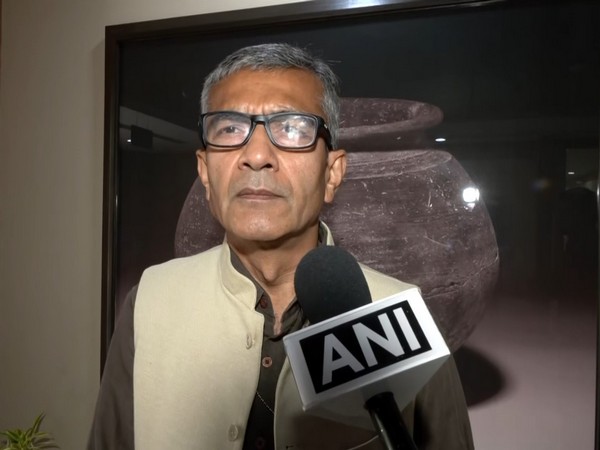DPIIT and NCAER Join Forces to Tackle India's Logistics Costs
The Department for Promotion of Industry and Internal Trade teamed up with the National Council of Applied Economic Research to create a framework for assessing logistics costs in India. This collaboration aims to delve into various logistics expenses, analyzing their impacts and identifying key factors influencing logistics operations across sectors.

- Country:
- India
The Department for Promotion of Industry and Internal Trade (DPIIT), under the Ministry of Commerce & Industry, has partnered with the National Council of Applied Economic Research (NCAER) to form a comprehensive framework for assessing logistics costs nationwide. The Memorandum of Understanding (MoU), signed in New Delhi, aims to scrutinize the complexities of logistics expenses and their broader economic impacts on India.
The MoU was signed by Dr. Anil Sharma, Secretary and Operations Director at NCAER, and Dr. SK Ahirwar, Joint Secretary at DPIIT, under the observation of DPIIT Secretary Rajesh Kumar Singh. The agreement's main objectives include evaluating logistics costs for 2023-24, analyzing cost variations across routes, modes, and cargo types, and identifying key logistics influencers in various sectors.
Rajesh Kumar Singh emphasized the necessity of data-driven evaluations for effective logistics cost management. The seminar featured a panel discussion with senior DPIIT officials, GSTN representatives, and experts from multilateral institutions, industries, and academia. Stakeholders suggested focusing on high-value commodities and considering indirect costs like delays and investor's convenience.
NCAER will conduct a detailed study with a report due within a year. This initiative is expected to significantly impact India's logistics sector. The National Logistics Policy (NLP), launched on September 17, 2022, aims to reduce logistics costs as a percentage of GDP, aligning with the objectives set by DPIIT's Logistics Division report released in December 2023.
Regular assessment and monitoring of logistics costs are crucial for providing valuable insights to the industry and policymakers. This involves analyzing trade flow data, industry trends, and product types while establishing an institutionalized framework for systematic data collection.
(With inputs from agencies.)










